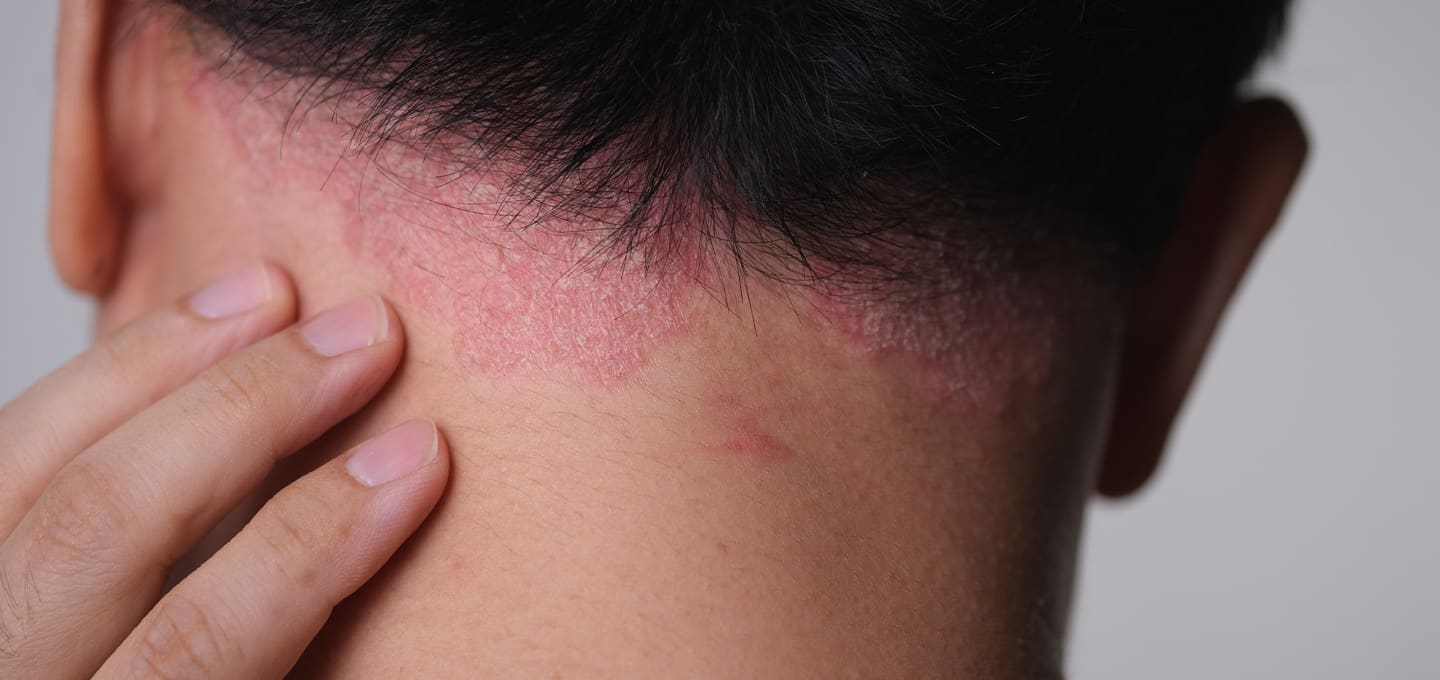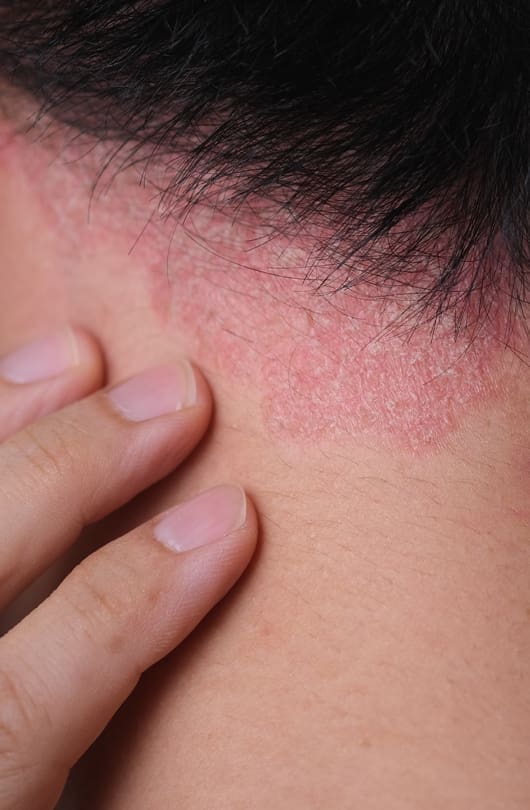Eczema often manifests as patches of dry, scaly skin that can be intensely itchy and uncomfortable. This condition is not contagious and can vary widely in severity.
The exact cause of eczema is not fully understood, but it is believed to result from a combination of genetic, environmental, and immune system factors. People with a family history of eczema, asthma, or allergies are more likely to develop the condition. Additionally, certain environmental triggers such as irritants like soaps, detergents, and chemicals, as well as allergens like pollen, dust mites, and pet dander, can exacerbate eczema symptoms.
The skin of individuals with eczema tends to have a weakened barrier function, making it more susceptible to irritants and allergens. This leads to an abnormal immune response, causing inflammation and the release of chemicals that provoke itching and redness.
Treatment for eczema aims to relieve symptoms, reduce inflammation, and restore the skin’s protective barrier. This can be achieved through a multifaceted approach. Emollients, or moisturisers, play a crucial role in managing eczema by hydrating the skin and preventing moisture loss. They should be applied regularly, especially after bathing, to lock in moisture.
Topical corticosteroids are commonly prescribed to control inflammation and itching during flare-ups. They come in various strengths and should be used as directed by a healthcare professional. Non-steroidal options like calcineurin inhibitors may also be recommended.
In more severe cases, systemic medications like oral corticosteroids, immunosuppressants, or biologic drugs may be prescribed. However, these treatments are typically reserved for cases that do not respond to topical therapies.
Identifying and avoiding triggers is another crucial aspect of eczema management. This may involve lifestyle adjustments, such as using fragrance-free products or avoiding specific foods for individuals with food allergies that worsen their eczema. During your dermatology consultation a comprehensive assessment of your eczema history, medical history and lifestyle factors will be taken into account so that a bespoke treatment plan can be put into place




